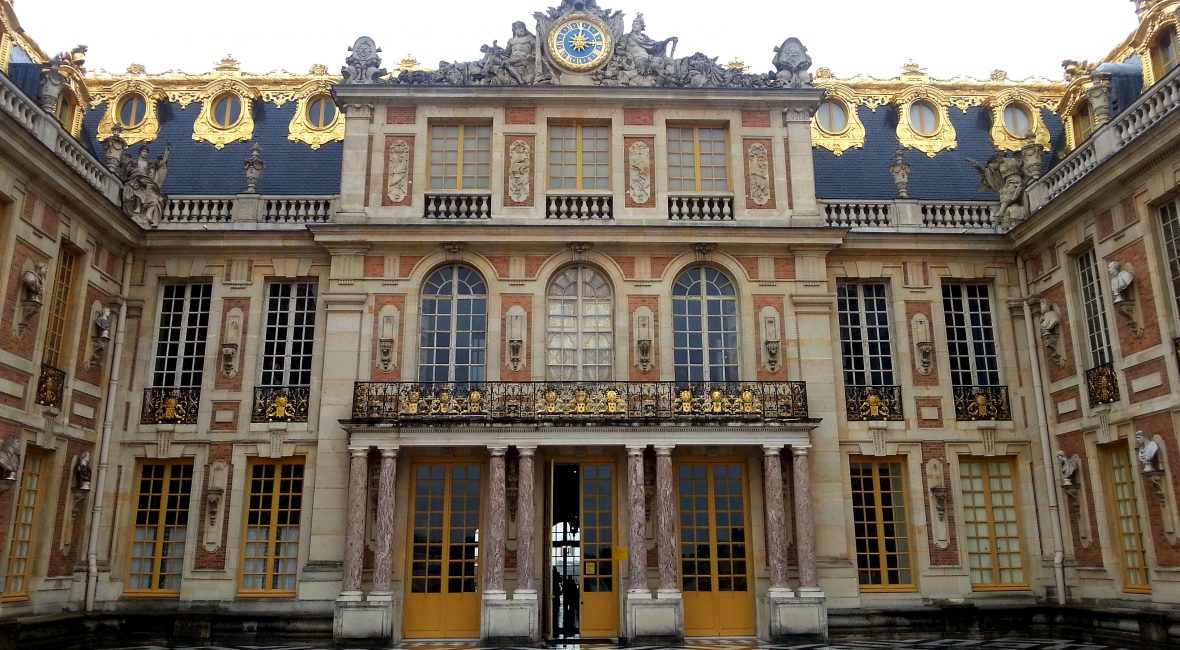After a long gap, Part 2.7 of A Childhood at Versailles is now finished.
A Childhood at Versailles consists of the first 5 chapters of the memoirs of Mme de Boigne (1781-1866), née Adèle d’Osmond, who was a French salon hostess and writer. She was born in the Château de Versailles and lived at the court of Louis XVI and Marie-Antoinette until her family fled to England during the Revolution. Later in her long life, she married a rich soldier of fortune 30 years her senior, hosted a brilliant salon in Paris, and became an intimate of the last French queen, Marie-Amélie, consort of King Louis Philippe (r. 1830-1848). Childless herself, Mme de Boigne addressed her memoirs to her grandnephew. The memoirs were not published until 1907, under the title Récits d’une tante, or An Aunt’s Tales. They’ve never been published in English, as far as I know, so I’ve decided to translate the first 5 chapters, the ones that take place mainly at Versailles, and post them here on this blog for interested readers to enjoy for free.
The chapters are quite lengthy, so I’ve broken each one into several parts. In Part 2.7, the author addresses the importance of wit at the Court of Versailles, which she illustrates with several anecdotes.
A Childhood at Versailles, Chapter Two, Part 7 (2.7)
It was during one of these conversations in her rooms that Mme Adélaïde recounted to my father how her curiosity about the Man in the Iron Mask had been checked. She had talked her brother, the Dauphin, into asking the King who he was. The Dauphin duly asked the King, who said: “My son, I will tell you if you like, but you will have to swear the same oath that I swore myself never to divulge this secret to anyone.”
The Dauphin admitted that he only wanted to know it in order to tell his sister Adélaîde, and said that he would forego hearing the secret. The King answered that it was just as well, for the secret, which he set store by keeping because he had sworn to do so, had never been of any great importance and was therefore of no interest. He added that there were only two men living who knew the secret, himself and M de Machault.















